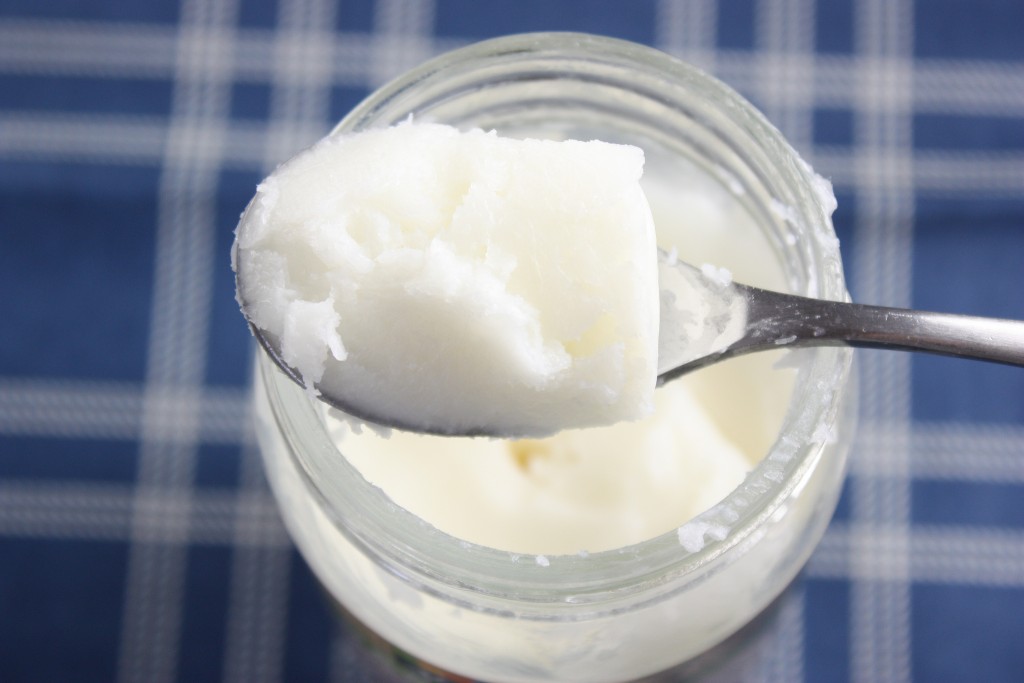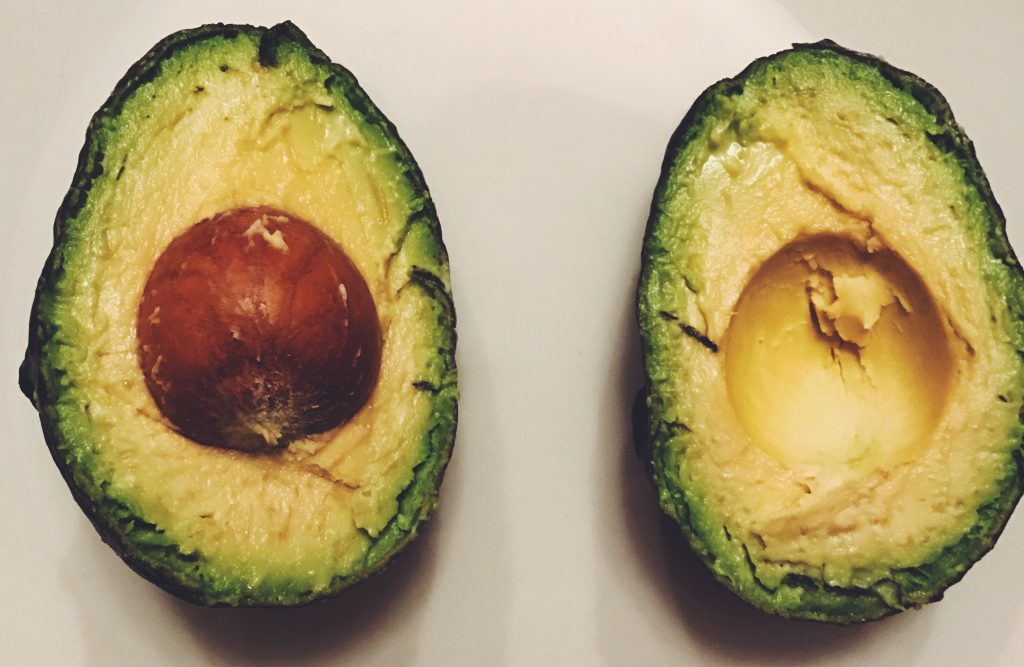
Animal Protein? Avocados? Coconut Oil? Sorting Food Facts from Fiction
Photo Credit: Taylor Rooney, via Unsplash.com
The world is filled with controversial and contradictory nutrition advice. Low-fat or high? Enjoy moderate amounts of sugar or eliminate it? Put butter in your coffee? And what about bacon? It’s hard to know who to trust. At Ornish Lifestyle Medicine, we advise that the best advice is to look at the validated research.
Choosing what to eat is one of the most important health decisions we make every day
Research shows clearly that choosing what to eat is one of the most important health decisions we make every day. Most premature deaths in the U.S. are preventable by simply making healthy food choices. Unhealthy diets contribute to approximately 678,000 deaths each year. The main causes are obesity-related conditions including heart disease, cancer and Type-2 diabetes.
So what is a healthy diet? As leaders in lifestyle medicine, we get asked a lot of questions about the best food choices to prevent disease and optimize health. Here are some recent responses that might help you sort fact from fiction.
Q: If I go to Jersey Mike’s sub shop, they tell me their turkey is 99% fat free and has no nitrates. Should I eat this?
A: Short answer: Not if you are striving to reverse heart disease. To paraphrase Hippocrates “let food be thy medicine, and medicine be thy food.” The reason Ornish Lifestyle Medicine promotes a plant-based diet that does not include meat, poultry, seafood or fish is because 35 years of research, including peer-reviewed, controlled double-blind studies, have shown that a low-fat, no-animal protein (with exception of limited and optional egg whites and nonfat dairy) not only reverses heart disease but also has positive impacts on Type 2 diabetes, hypercholesterolemia and high blood pressure. It even slows, stops or reverses the progression of early-stage prostate cancer.
If this diet were a drug, it would be a blockbuster and prescribed by every physician on the planet. It may not be a pill, but it’s a lifestyle worth trying out, given what we know about the results after 35 years of study. What we have found is that it actually changes your genes—turning on protective genes and turning off genes that promote inflammation, oxidative stress, and oncogenes that promote cancers of the prostate, breast and colon—over 500 genes in only three months. These lifestyle changes are even proving to have positive impacts on our chromosomes, protecting the telomeres that regulate aging.
Of course, foods themselves are neither “good” nor “bad.” But certain foods are more healthful for you than others. It’s not just that lack of fat or the lack of nitrates that make the choice of plants over animals ideal; it’s also the hundreds of different beneficial substances found in higher quantities in plants that lower inflammation, protect the inner linings of blood vessels and reduce many chronic diseases.
Q: Other plant-based advocates recommend against all animal products, including nonfat dairy and even egg white. Why does Ornish Lifestyle Medicine allow these foods?
A: It is true that a plant-based approach is not only a powerful, healthy choice for you individually, but it’s also a powerful, healthy choice for your planet. Eating a plant-based diet decreases your carbon footprint. When Dr. Ornish began researching a lifestyle approach to reversing heart disease 35 years ago, it was based on a plant-based, whole food approach; however it did include limited options for egg whites and non-fat dairy. Randomized, controlled trials showed that limited amounts of these optional foods, which may add enjoyment, convenience, and comfort , do not decrease any of the health benefits one would get from a wholly plant-based diet.
Q: Some of my favorite plant-based foods are avocado and coconut. Are they good for my heart?
A: Not really. Avocado and coconut are delicious, but the bottom line is that both are very concentrated sources of fat. Our research validates that a diet with 10% or fewer calories from fat is ideal, which is difficult to reach with the inclusion of these two foods. Coconut oil, for instance, is made of 90% saturated fat; 13 grams per tablespoon—which makes it even more concentrated in fat than butter. A cup of avocado has 21 grams of fat. More recently, the guidelines around nuts and seeds have changed in Ornish Lifestyle Medicine. New research is showing a relationship between the consumption of limited nuts and seeds and cardiovascular health. Nuts and seeds are rich in plant-protein (10%-25%) and fiber as well as minerals like calcium, magnesium and potassium, plus many other vitamins and bioactive compounds.






